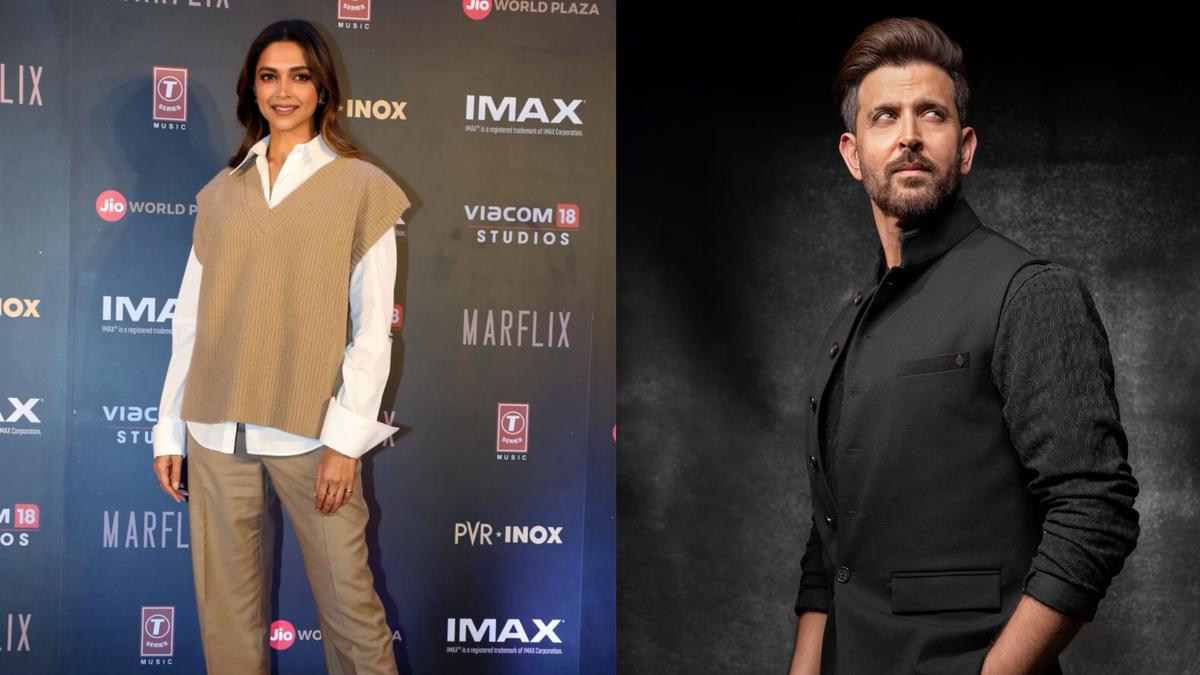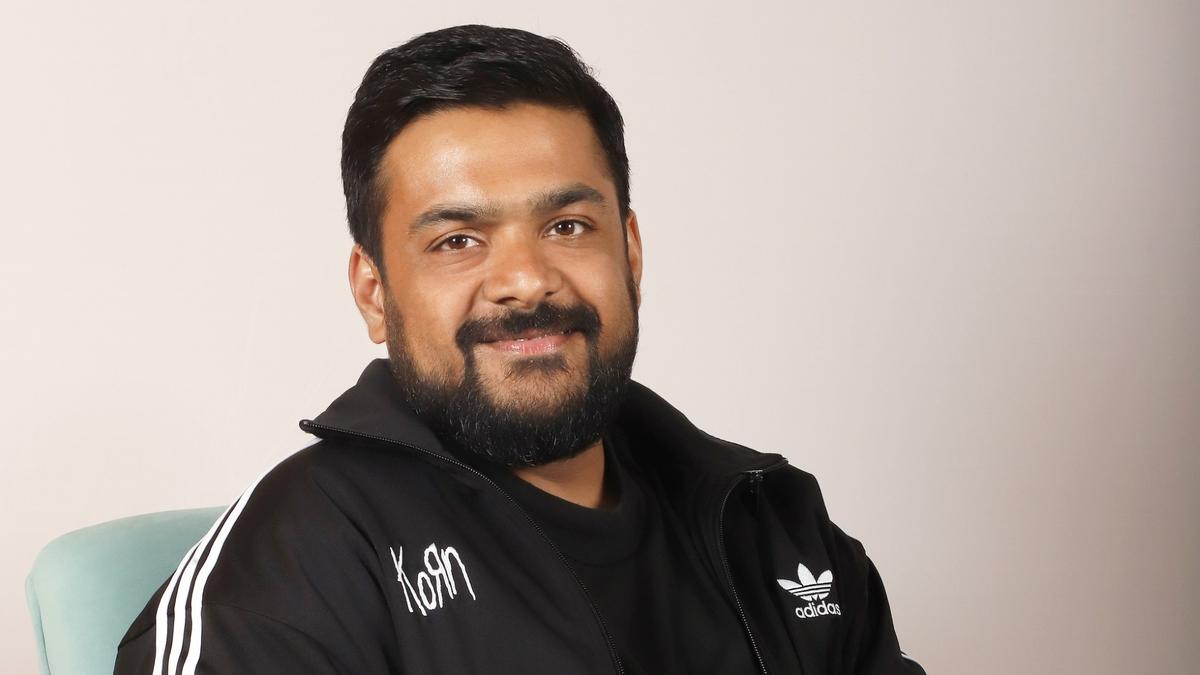Vijay Subramaniam, Founder and Group CEO, Collective Artists Network
Talent management in India has now moved beyond the shadowy craft of striking deals and casting roles in the smoky backrooms of Bollywood. Bengaluru-born entrepreneur Vijay Subramaniam believes technological advancements and the rise of the creator economy have levelled the playing field. As the founder and group CEO of Collective Artist Network, a leading Mumbai-based celebrity management and influencer marketing firm, Vijay has expanded his company’s portfolio to a wide range of fields, from indie music to flash fiction. His company – formerly known as KWAN – serves film stars (Deepika Padukone, Hrithik Roshan, Kartik Aaryan, Yash, Rashmika Mandanna), sportspersons (Ravindra Jadeja, Rishabh Pant, Yuvraj Singh), musicians and authors, as well as over a hundred of the top creators in India’s influencer space. As Vijay explains, their aim is to create a ‘pop culture marketplace’ that unifies the creative landscape and provides branding and monetisation opportunities.

“Talent agencies in the West, such as William Morris and CAA, have evolved from simply managing actors and entertainers to become full-fledged entertainment companies that handle everything from content to venture building and brand partnerships,” explains Vijay. Hindu“They have embraced technology and diversified their portfolio to stay relevant. However, I think no market in the world is as big and untapped as India when it comes to creators.”
Recently, Collective Artists Network acquired Gallery5, an AI-powered influencer marketing solutions platform that will help creators better collaborate with brands. It offers a suite of software for in-depth analytics, customer relationship management, and sales.
“The AI integration is set to revolutionise the new media ecosystem in India by providing advanced tools for trendspotting, content creation and consumer engagement,” says Vijay. “It will not only enhance the creativity and reach of our creators but also provide brands and platforms with deeper insights into audience preferences, ultimately leading to more targeted and effective marketing strategies.”

Deepika Padukone and Hrithik Roshan, co-stars in ‘Fighter’, the highest-grossing Hindi film of 2024, are both represented by Collective Artist Network
Vijay says the rise of short-form content and micro-influencers on YouTube and Instagram has democratised content creation. Today, anyone with a smartphone is a creator. “This sector is fundamentally different from professionally created and data-driven content,” says Vijay, who launched the BigBang.Social app last year to build a community of creators and help them monetise their work. “The traditional model relied heavily on a few big names, while the creator economy relies on a variety of voices and niches.”
– Vijay on how Bengaluru shaped his entrepreneurial journey
, My journey has been driven by passion, perseverance, and a deep love for the community that my hometown exemplifies. It all started in engineering college when I played drums and managed my own band, Synapse. This early step into the entertainment world instilled in me a desire to make a meaningful impact. Being an army kid and playing for a heavy metal group taught me the concept of community early on.
– His favourite places in the city
– Empire, Nagarjuna and Corner House have always had a special place in my life.
Still, mainline entertainment remains the collective’s lifeline. Bollywood films’ box office revenues saw a 2% drop in the first half of 2024, following a string of flops, Ormax Media reported in July. We asked Vijay about recent revelations about exorbitant production costs and exorbitant star fees impacting Hindi films’ revenues. Talent agents and agencies are key intermediaries in shaping projects.
“There has been some discussion on this recently and it highlights the need for more sustainable and efficient production practices,” says Vijay. “I think what is needed is for the entire industry to come together and set some standard practices to standardise these costs and create a more transparent production ecosystem.”
He said it is convenient to put costs on stars as they become the ‘easiest targets’. “But I believe standardisation and transparency on the production side will lead to more efficiency in the business.”
